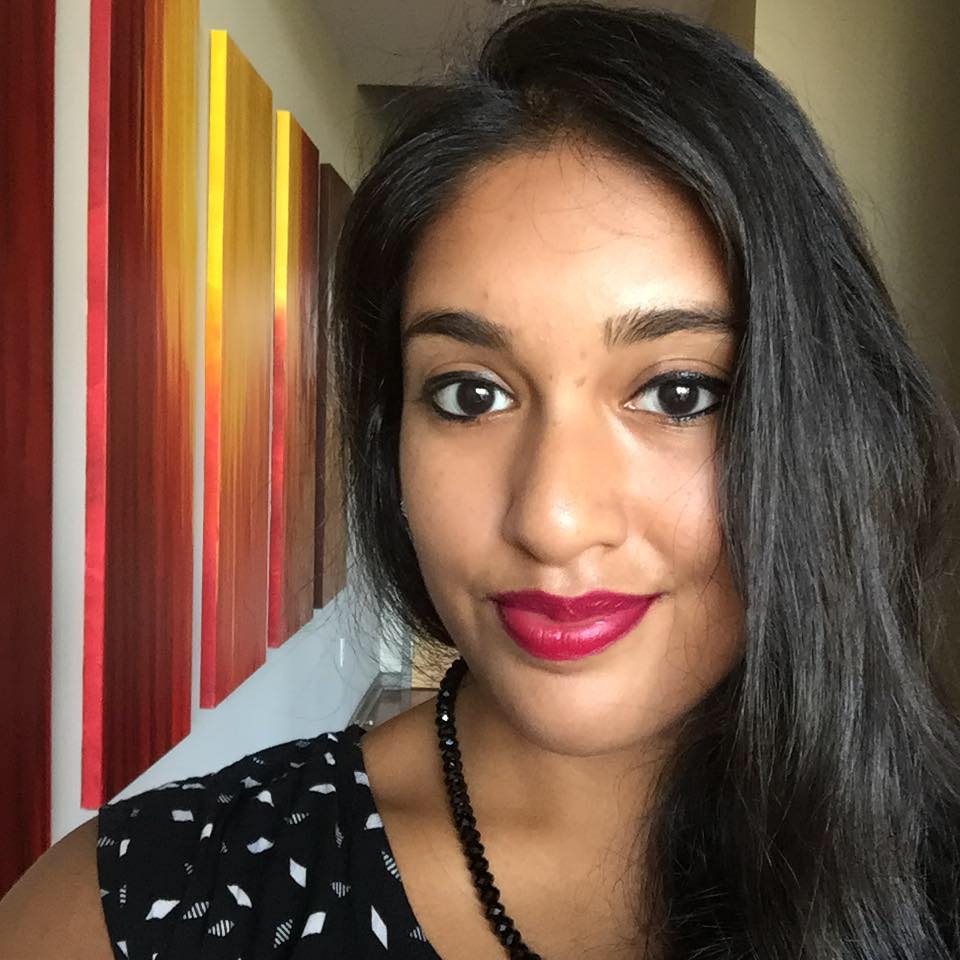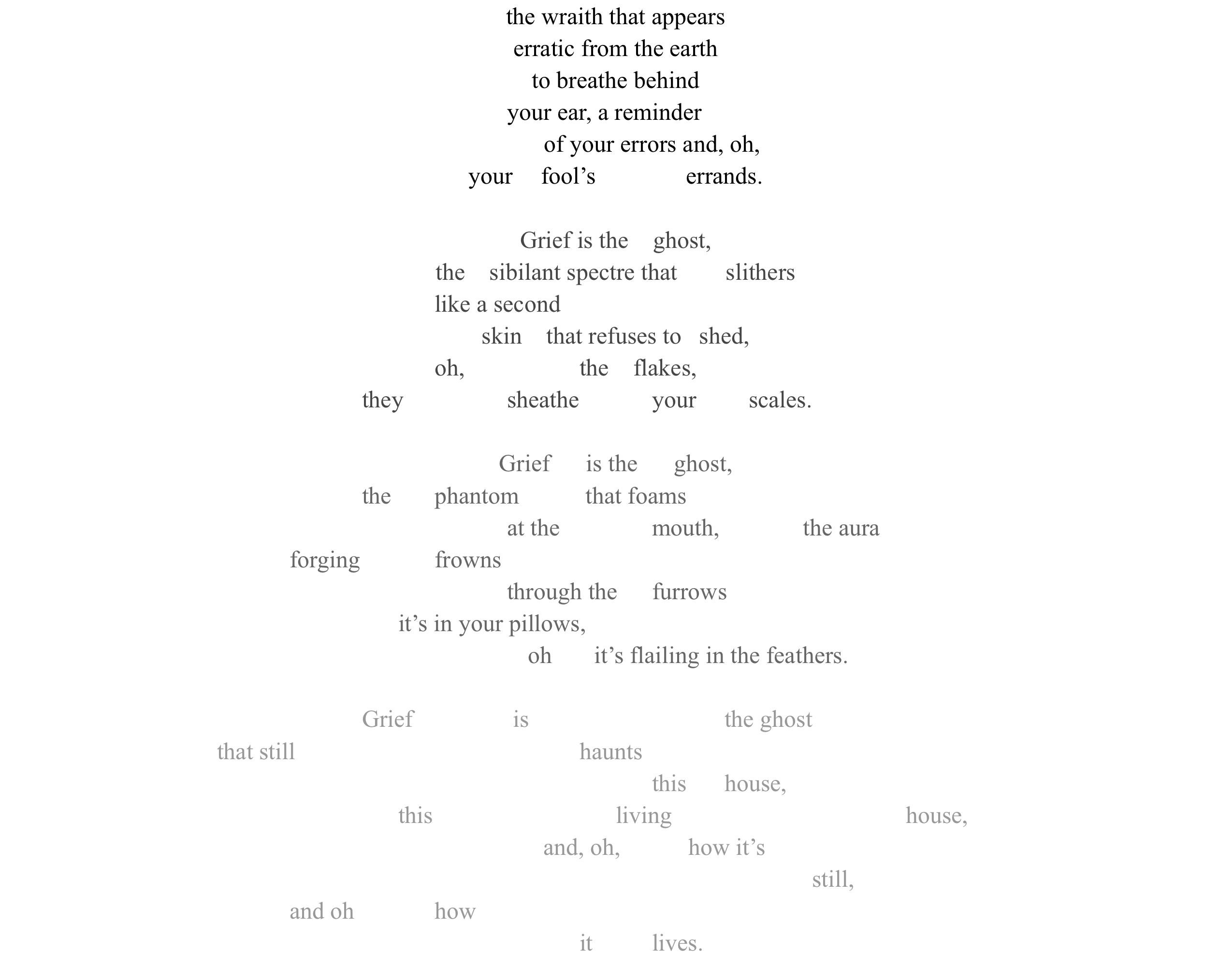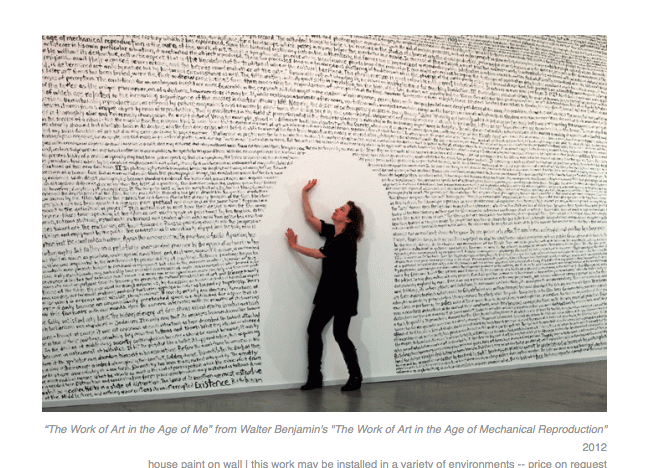2021 Editors’ Choice Poems: Week 1
2021 Editors' Choice Poems
Week 1We were so happy to receive a significant number of submissions to BMP Voices National Poetry Month 2021 — in only the first week. Editor C. Kubasta’s theme seems to have resonated with poets, and in this first week, we discovered a theme within the theme.
This set of nine poems, this week’s Editors’ Picks, speak out to specific but very different audiences and seem to reach out to connect in order to share what these audiences may need to hear after a year of global pandemic. A thirteen-year-old poet gives us insight into the experiences of young people during this time, protest poetry indicts a complicit United States, a Mainer wife squares her chin and maintains her space, two poets imagine hauntings and ghosts in very different ways. Masks and quarantine bookend change and grief.
Thank you to these poets for sharing our collective experiences and the powerful experiences unique to different communities.
Ruth & Mary Ann
Brain Mill Press Publishers
Poetry Month Contest
Submit 1-3 poems of any form or style that speak to Remembering/Reckoning as a response to the traumas of 2020
“Roosters”
by Alanna Shaikh
I’ve always lived in cities; when I hear an outdoor sound, I know it’s roosters
Roosters or stray dogs
Drifting off in bed I hear them
ooo-uh-oo-oo, faintly or loudly but always clear
in the dark of night tending my bladder
in the morning as I cling to my blankets
as I eat lunch by the window
This new city though.
First, it has no roosters.
I never hear them, not ever.
Next, it has other birds; it teems with them.
exuberant choirs of birds
festivals of birds and
determined rusty squeak of palm squirrels
Now, I fall asleep to cooing, trilling, that squirrel squeak
I wake and sleep and urinate to choruses
I know a chirp from a tweet from a squawk
The small hours are all hoots and chirrups
It’s a new thing, this abundance
My ears need time.

Alanna Shaikh is a first-generation Pakistani immigrant. Her poetry is influenced by the landscape of Northern New York state where she grew up, daily life and the literature in the seven countries she’s lived in, and her work in global health and pandemic response. Her poetry has been chosen for publication by Eclectica Magazine and the Norfolk Coast Guardian.
“The Ghost at Home”
by Jareen Imam
I found her standing in the corner,
or maybe I should say, she found me.
She was watching me as I worked late into the evening.
My face illuminated by the pale blue light
shining from my overheated laptop.
I think she mistook me for one of them, initially.
You’re up later than usual, she finally said.
This is normally my time to haunt.
Just give me another hour, I responded.
I’m working on a PowerPoint my boss wants.
She sighed as she threw the white bedsheet off her ghastly frame,
huffing and puffing before she vanished into thin air.
The next night, she found me again,
but this time she was sitting on my bed.
Are you working late again? she complained.
When is this going to end?
I’ve got a schedule to keep up with, she moaned,
as she showed me her planner
Haunt 30-something-year-old woman
between the hours of midnight to 2 A.M.
Make sure to instill feelings of inadequacy, the planner read.
A footnote was scribbled at the bottom, reading:
Extra 10 percent commission if woman dreams about
never getting married.
I couldn’t help but chuckle as I read her notes.
You don’t have to worry about doing these things, I said.
I already feel so alone.

Jareen Imam is an award-winning American journalist who has worked for media companies such as NBC News, CBS News, and CNN. During 2020, she led a global team of journalists who investigated and reported on stories about the pandemic, the death of George Floyd, BLM protests, voting issues, the U.S. presidential election, and more. In 2020, while reporting for NBC, she endured the death of her grandmother, the separation from her family—many of whom worked as frontline healthcare workers and took care of those infected with Covid-19—and a painful breakup from her long-term partner. It was also the year she started to write poetry again after a 20-year hiatus.
“Grief Is the Ghost”
by Anne Marie Wells


Anne Marie Wells (She | Her) of Jackson, Wyoming is a queer poet, playwright, and storyteller navigating the world with a chronic illness.
AnneMarieWellsWriter.com
FB|IG @AnneMarieWellsWriter
TW @AMWWriter
“Parable of the Drought”
by Merridawn Duckler
I was rattling the inside of an old saltine tin when you came home. We’re out of tears, I said. Again, I said. You put the bags down in a huff. They were supposed to last until the party, you said, where do they go? We both know the answer to that. You spent them. Pretending it’s for others, to be donated or sent overseas. But it’s crap. Everyone knows you cried up all those tears for yourself. My eyes have been dried for fifteen years. My mouth is like a ghost lake. Sadness scurries in rat feet at the bottom of my well. A soul could drop a rock in there and hear no echo. Whereas you are a fountain, bountiful crocodile. The world is your blue handkerchief, wrung once and snapped out fresh. I am sad, I said, I’m broken. I walked to the other room and saw you absorbed in the images, taking a screen shot and superimposing it on your face. What do you want now, you said. I tried to explain to you about my hollow. My dust. You turned your face to me. Goddamn, you are beautiful. I’m so sorry, you said. And your eyes filled up with tears

Merridawn Duckler is a writer from Oregon, author of INTERSTATE (dancing girl press) and IDIOM (Washburn Prize, Harbor Review.) New work in Seneca Review, Women’s Review of Books, Interim, Posit. Fellowships/awards include Yaddo, Southampton Poetry Conference, Poets on the Coast. She’s an editor at Narrative and at the philosophy journal Evental Aesthetics.
Twitter@MerridawnD
Instagram@merridawnduckler
“[2020] The Divided States of Attica”
by henry 7. reneau, jr.


henry 7. reneau, jr. writes words of conflagration to awaken the world ablaze, an inferno of free verse illuminated by his affinity for disobedience, is a discharged bullet that commits a felony every day, is the spontaneous combustion that blazes from his heart, phoenix-fluxed red & gold, exploding through change is gonna come to implement the fire next time. He is the author of the poetry collection, freedomland blues (Transcendent Zero Press) and the e-chapbook, physiography of the fittest (Kind of a Hurricane Press), now available from their respective publishers. Additionally, his collection, The Book Of Blue(s) : Tryin’ To Make A Dollar Outta’ Fifteen Cents, was a finalist for the 2018 Digging Press Chapbook Series. His work is published in Superstition Review, TriQuarterly, Prairie Schooner, and Rigorous. His work has also been nominated multiple times for the Pushcart Prize and Best of the Net.
“Lucency”
by A Whittenberg
Amongst a breathless, debilitating, incapacitating panic
attack, I told myself not to panic and… without warning, I was
suddenly all right.

A Whittenberg is a Florida native who has a global perspective. If she wasn’t an author she’d be a private detective or a jazz singer. She loves reading about history and true crime. Her other novels include Sweet Thang, Hollywood and Maine, Life is Fine, Tutored and The Sane Asylum.
“We Stand”
by Keira Schaefer
2020 broke the limits
Tearing our boundaries apart
Like Buffalo trampling the plains
Through nothing but darkness
Our world was the midnight sky
2020 overwhelmed our healthcare workers
Many lost beloved friends and family
Others lost their job, and the ability to pay rent
We thought we lost the world
But we had each other
Now, in 2021, we stand together
We raise higher than the ocean’s tides
Although we are still apart
The light, the sun, the new day is coming
Through hardship we are more united than ever
We stand, we raise, we unite
Keira Schaefer is a thirteen-year-old girl who has a passion for poetry. She loves to express her feelings and emotions through her literature. Other than writing poems, she enjoys gymnastics, playing harp, ice skating, and photography.
“Sea Change”
by Nancy Cook
The sun is midsky when he cuts the diesel.
Now he can hear the tonguelap of water ripples
against cedar plank, feel a shadow of sweat
forming on his brow. A line of pelicans whips
across the horizon and he sees, without looking,
tricolored bullet buoys in neat order, bobbing
at water’s surface in a subtle play for attention.
He senses the sadness all around. In times past,
on days such as this, the water would talk to him.
Now it has nothing to say. The fishing is good,
the weather is fine, but all the world is as quiet
as winter. He unpacks the sandwich the wife
has wrapped in waxed paper: ham and cheddar
and mustard on rye. She’s thrown in some chips,
a folded napkin, and a sliced apple sprinkled
with sugar like she used to do for the kids.
A cold beer would taste so good right now.
He reaches deep into the cooler for a Dr Pepper.
He ends the day early with a light haul. On town
streets bereft of tourists, still he savors whiffs of
rendered butter, partakes with phantom taste buds
the sweet succulence of boiled lobsters. It is one
pleasure that doesn’t age. Before joining the wife
at the church, he showers and shaves. This evening
is the annual strawberry festival, which every year
she organizes. She is a pillar as they say, always
in public her chin lifted, daring and determined,
one ear cocked as if to say I’m listening. And though
tonight, socializing will be minimized, face masks
mandatory, she’ll oversee the sale of two hundred
fruit pies, baked in honor of the state bicentennial.
Keeping busy is a way of life. They all respect that.
Two dozen tables are set up in the churchyard
under hulking shade trees. Broad leaves like titans’
hands block the ebbing sun. The dusk feels heavy
with sadness. As if reading his mind, the wife says,
Even with the church locked up, light’s passing through
the stained glass. There’s secrets older than memory.
Sins to be forgiven. He doesn’t know that some mornings
she takes the deer path down to water’s edge. There
she stands on the old dock, hands deep in the pockets
of her oversized Mac, and watches for the fog to lift.

Nancy Cook is a writer, teaching artist, and completely recovered lawyer. She serves as flash fiction editor for Kallisto Gaia Press and also runs “The Witness Project,” a program of free community writing workshops in Minneapolis designed to enable creative work by underrepresented voices. She has twice been nominated for a Pushcart Prize and has been awarded grants from, among others, the Minnesota State Arts Board, the National Parks Arts Foundation, the Mayo Clinic, and Integrity Arts and Culture. Her first chapbook, Written in Nature, is forthcoming in 2021.
“Safekeeping”
by Tracy Mishkin
We go to some essential job, our faces swaddled
in fear. Masks leave us lightheaded, but sometimes
we wear two because there are worse things.
In the produce section, we struggle to open plastic bags.
We must have licked our fingers back before all this.
And touched our faces.
Walking the dogs feels good. We shout hello
to every stranger, for nothing is stranger
than this year. We used to pick up trash, but now
it’s masks and tissues scattered in the grass.
That neighbor we haven’t seen in months says
the pandemic is a hoax. Six feet isn’t far enough.
A vet we’ll never meet says the big dog has cancer,
and every three weeks she hops behind the wheel
as though it’s normal for dogs to drive. “Shotgun,”
we say, and she moves over. We do a piss-poor job
of watching the road. When we brake hard,
we throw out an arm to stop her from hitting the dash,
the way our fathers tried to protect us, remembering
a world before seat belts.

Tracy Mishkin is a call center veteran with a PhD and a graduate of the MFA program in Creative Writing at Butler University. She is the author of three chapbooks, I Almost Didn’t Make It to McDonald’s (Finishing Line Press, 2014), The Night I Quit Flossing (Five Oaks Press, 2016), and This Is Still Life (Brain Mill Press, 2018). She lives in Indianapolis with her family and fewer than ten cats and dogs. You can read more of her work at tracymishkin.com

Recent Comments